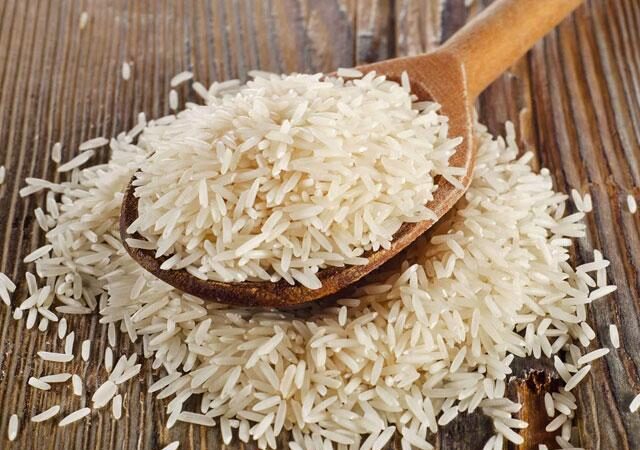
However, with new varieties being added to the list of basmati rice, India is believed to be seeking some more reduction in duties.
The UK, according to industry players, levies a tariff per tonne of around £56 (about Rs 5,880) on brown rice and £125 (about Rs 13,126) on white rice, which also includes basmati. Brown rice is usually unpolished rice.
Pakistan is a major competitor for India in the UK rice market. In 2017, sources said it exported rice worth around $64 million to the UK, which rose to $104 million in 2021.
The 10th round of negotiations took place earlier this month, with the next round scheduled around end-June.
The problem of pesticide residue, which leads to hidden non-tariff barriers, should also be addressed, they felt. This is because rice is a commodity, which is prone to such distortions.
According to the progress of the proposed trade deal, shared by the department of commerce last week, out of 26 policy areas or chapters, 14 have been substantially closed for negotiations. And, significant progress has been made in other chapters.






